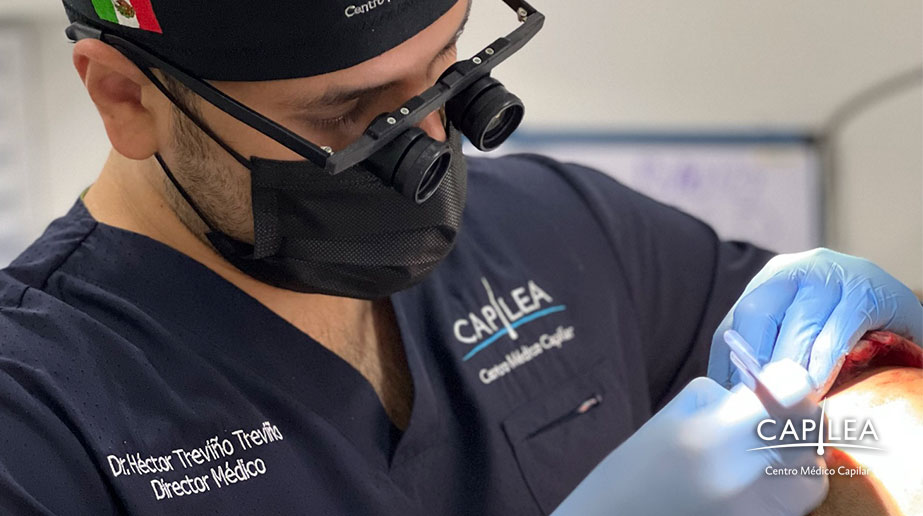Hair shedding is normal, but hair loss is not. Excessive hair loss may be a for cause concern, and you should know the possible factors behind it. Common causes include medical conditions such as alopecia, or nutritional deficiencies (low iron, zinc), and lifestyle factors like stress or harsh hair care routines. In this note, we will share the five most common reasons why hair falls out and how to stop losing hair.
What disease is related to hair loss?
The most common disease that causes sudden hair loss is androgenic alopecia, also known as male-baldness or female-pattern hair loss. This disease affects men and women and usually develops with age. In men, it usually manifests with hair loss on the front and the crown, and in women it tends to be more diffuse on the top of the head.
Androgenic alopecia is a type of hair loss related to genetic and hormonal factors, dihydrotestosterone (DHT), a hormone derived from testosterone, plays an important role in the miniaturization of follicles and hair loss.

Another less common hair disorder is alopecia areata. It is an autoimmune condition in which the immune system attacks the hair follicles, resulting in hair loss in the form of patches on the scalp or other areas of the body. It can cause mild to total hair loss.
Causes of hair loss
From genetic factors to nutritional imbalances, these are other causes of why you’re losing hair.
1. Genetic factors: Genetic predisposition to baldness can lead to significant hair loss over time.
2. Stress and anxiety: Prolonged stress situations can trigger this situation. The emotional impact on the body can weaken hair follicles, losing them completely.
3. Hormonal imbalances: Hormones are very important in the hair growth cycle, and during pregnancy or menopause, they may be affected.
4. Bad hair care habits: Excessive use of heat styling tools, aggressive chemicals and improper washing techniques can damage hair and cause premature hair loss.
5. Nutritional deficiencies: An unbalanced diet lacking certain essential nutrients, such as iron, zinc and vitamins D and B, can affect the health of the hair, weakening and losing it.

Stop hair loss at Capilea
There are various solutions for hair thinning such as treatments that promote regeneration and strengthening. And for more advanced cases, hair transplantation is an excellent option, which involves moving hair follicles from donor areas to areas with hair loss.
Both methods use cutting-edge technology with a highly qualified and experienced team, providing natural and permanent results. Schedule your appointment in any of our three clinics: Tijuana, Monterrey or Mexico City, and recover your hair and confidence.













